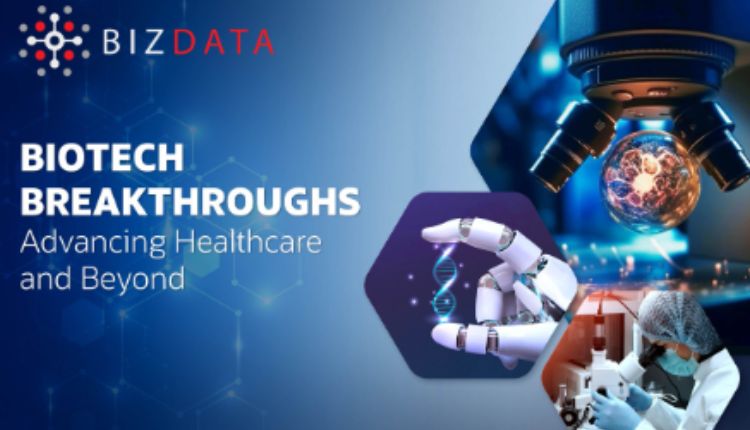Cardiology has seen exciting breakthroughs that are shaping patient care. These advancements in heart health bring hope and better outcomes. They improve diagnosis, treatment, and recovery. From new imaging techniques to innovative surgical procedures, these breakthroughs make a difference. Even specialists in other fields, like a newnan foot and ankle surgeon, benefit from these innovations. By understanding the heart better, we can provide more effective and personalized care.
Advanced Imaging Techniques
One major breakthrough is in imaging technology. Techniques like 3D echocardiography and cardiac MRI offer detailed insights into heart function. These imaging methods help doctors spot problems early. They also assist in planning surgeries with precision. With clearer images, treatment becomes more targeted and effective.
According to the National Heart, Lung, and Blood Institute, these advanced techniques reduce the need for invasive procedures. Less invasive means less risk for patients. It also means quicker recovery and shorter hospital stays. This is great news for both doctors and patients.
Innovative Surgical Procedures
Surgical advances have also transformed heart care. Minimally invasive heart surgery is a game-changer. Traditional heart surgery often involves large incisions. New methods use small cuts or even no cuts at all. Surgeons can now use catheters for some heart repairs. This reduces pain and speeds up recovery.
Another breakthrough is robotic-assisted surgery. Robots allow for more precise movements. This precision means better outcomes and fewer complications. Patients experience less pain and can return to daily life sooner.
Breakthroughs in Medication
Medications are also evolving. New drugs offer more options for treating heart disease. These medications work better and have fewer side effects. They target specific heart problems with great accuracy.
For example, blood thinners have improved. They reduce the risk of stroke in patients with atrial fibrillation. New cholesterol-lowering drugs help prevent heart attacks. These medications offer new hope for people with high cardiovascular risk.
Technology and Monitoring
Technology now plays a big role in monitoring heart health. Wearable devices track heart rate and rhythm. They alert users to potential problems in real time. This helps catch issues before they become serious.
Remote monitoring devices benefit both patients and doctors. Patients can share data with their doctors without leaving home. This leads to quicker adjustments in treatment plans and better management of heart conditions.
Data Table: Key Cardiology Breakthroughs
| Breakthrough | Benefit |
| 3D Echocardiography | Improved heart function insights |
| Minimally Invasive Surgery | Less pain and faster recovery |
| Robotic-Assisted Surgery | Greater precision and fewer complications |
| New Medications | Better treatment with fewer side effects |
| Wearable Devices | Real-time monitoring and alerts |
Future of Cardiology
The future of cardiology looks bright. Continued research will lead to more innovations. These advancements will improve the quality of life for many. As we learn more about the heart, treatments will become even more precise.
Learning from history, just like the shift from X-rays to MRIs, these breakthroughs build on what came before. They improve our understanding and care. The heart is complex, but with each discovery, we get closer to unlocking its secrets.
Conclusion
Cardiology breakthroughs are changing the way we care for heart patients. They offer hope and better health outcomes. As these advancements continue to evolve, they bring optimism for the future of patient care. For more information, visit the Centers for Disease Control and Prevention website. By embracing these changes, we look forward to a healthier tomorrow.
